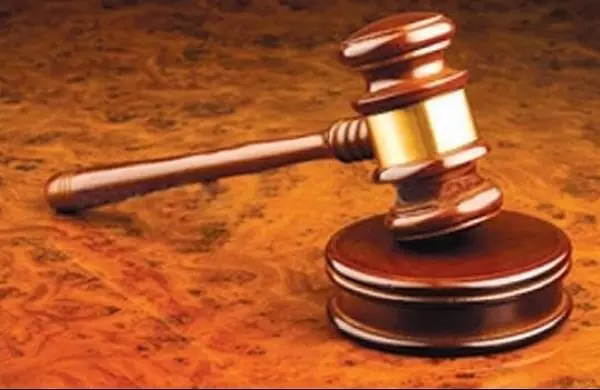
Madras Bar Association passes resolution opposing proposed renaming of criminal laws
text_fieldsChennai: The Madras Bar Association (MBA) has taken a firm stance against the proposed renaming of key criminal laws in India, passing a resolution to voice its disapproval.
The MBA's resolution comes in response to the introduction of three bills in the Lower House of Parliament on August 11, seeking to rename the Indian Penal Code (IPC), the Code of Criminal Procedure (CrPC), and the Indian Evidence Act. The proposed new names are Bharatiya Nyaya Sanhita, Bharatiya Sakshya, and Bharatiya Nagarik Suraksha Sanhita, respectively.
These bills have garnered significant attention due to their intent to replace the established criminal laws that have been in place for decades.
Amit Shah, the Home Minister, introduced these bills in the Parliament, highlighting their focus on safeguarding the rights guaranteed by the Constitution to Indian citizens. Shah emphasised that the proposed laws aim to reshape the foundation of the legal system by shifting away from punitive measures towards ensuring justice for all.
Shah's remarks shed light on the historical context of the current laws, suggesting that the British-era laws were crafted primarily to reinforce the colonial regime's authority and suppress dissent, rather than to uphold justice. He underscored the government's intention to rectify these inherent flaws and refocus the legal framework on justice delivery rather than mere punishment.
"We (government) are going to bring changes in both these fundamental aspects. The soul of these three new laws will be to protect all the rights given by the Constitution to Indian citizens. The objective will not be to punish anyone but to give justice and in this process, punishment will be given where it is required to create a sense of prevention of crime," said Amit Shah.
The proposed bills have sparked a spirited debate within legal circles and society at large. The Madras Bar Association's resolution signifies a collective expression of concern from legal professionals regarding the implications of such a transformation in the legal landscape.
The process of reshaping foundational legal frameworks necessitates careful consideration and broad consensus. As the debate continues, legal experts, professionals, and stakeholders are discussing the potential implications of renaming and reformulating the country's criminal laws.






















